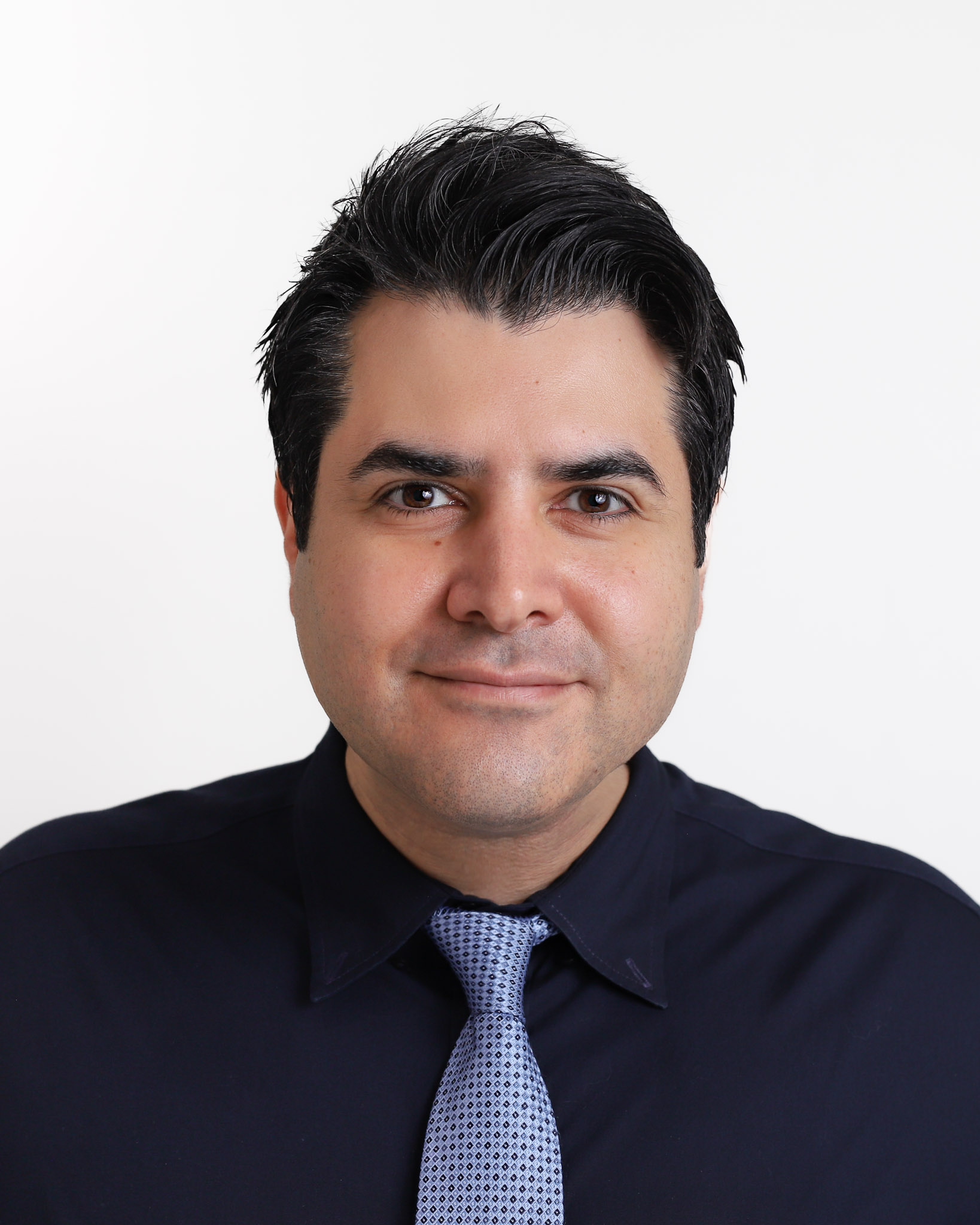WHY DO YOU NEED TO GET A 45-49 YEAR OLD HEALTH CHECK?
Between the ages of 45 and 49 years old is when, statistically, you have a good chance of showing signs of the development of any chronic diseases that are going to have a significant impact on your health and wellbeing later in life. At this stage in life, your GP may be able to make recommendations which, if adhered to, can help ensure that you avoid many of the health problems faced by your peers later in life.
If you haven’t been particularly conscious of your health in the past, or if you are unlucky enough to have developed a chronic illness despite all efforts to maintain your health, then this health check is critical. For people who display risk factors for developing chronic disease, a 45-49 year old health check is even more important. Some risk factors that may lead to the development of chronic illness include:
- Your family history – if others in your family have developed chronic diseases, this may increase your chances of doing so.
- Biomedical factors – if you have high blood pressure, high cholesterol, or are overweight, your risk of developing a chronic disease may be increased. A health check can help identify these risk factors.
- Your lifestyle – if you are a smoker, are sedentary, drink excessively or have poor dietary habits, your risks of developing a chronic disease such as diabetes are very likely higher.
If you believe that you fulfil any of the above risk factors, speak to your GP about how you can make changes to prevent them exacerbating any existing illnesses or causing the development of chronic diseases in future.
WHAT’S INVOLVED IN A 45-49 YEAR OLD HEALTH CHECK?
A 45-49 year old health check is largely about assessing your risks of developing chronic diseases in future, while also assessing your current state of health and helping you to make better choices. Your doctor will ask a series of questions involving the following factors:
- Whether you smoke, what you smoke and how often.
- Your diet, whether you’re eating enough fruits and vegetables and what types of fat you consume.
- How often you drink alcohol and how many alcohol-free days you have per week.
- Your level of physical activity, and how many minutes of moderate to high intensity activity you perform each day.
- Your mental health and feelings of depression of anxiety.
- Family history for a variety of illnesses, including stroke, heart disease, diabetes and osteoporosis.
Your GP will likely carry out some basic physical examinations. You will be weighed and have your body mass index assessed. If you’re found to be overweight, your GP will help you develop a plan to return to a healthy weight. Your blood pressure will be managed and you’ll likely have a skin check to search for signs of skin cancer.
You may be required to undergo some tests, such as testing for blood lipids, glucose levels and potentially a pap smear (for women).
45-49 YEAR OLD HEALTH CHECK – IMPORTANT THINGS TO KNOW
Many GPs will only recommend a 45-49 year old health check if they believe that you are at risk for developing a specific chronic disease, or have a risk factor that may lead to chronic diseases. However, we highly recommend that all people should have at least one thorough health assessment with a GP during this stage of life. It’s an excellent time to get a good idea of how your health is tracking.
If you are approaching that age, be aware of SNAP, four areas of health that GPs analyse to get an idea of your overall medical state. SNAP includes:
- Smoking
- Nutrition
- Alcohol intake
- Physical activity
Cost:
You may be eligible for a bulk billed service under Medicare, otherwise standard consult fees will apply




















